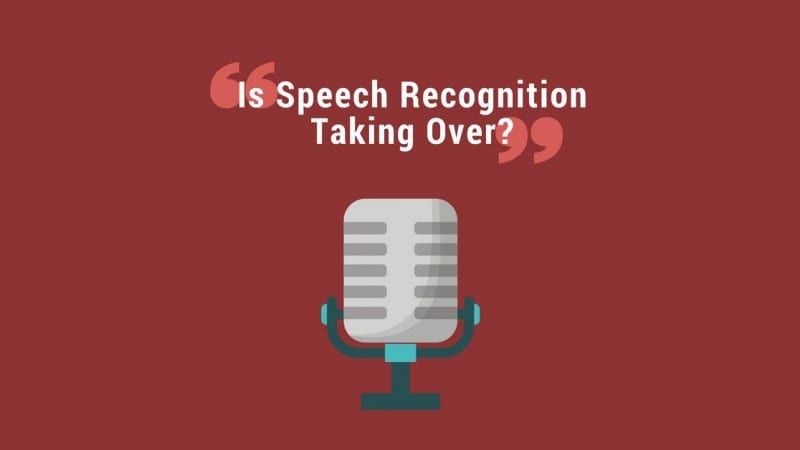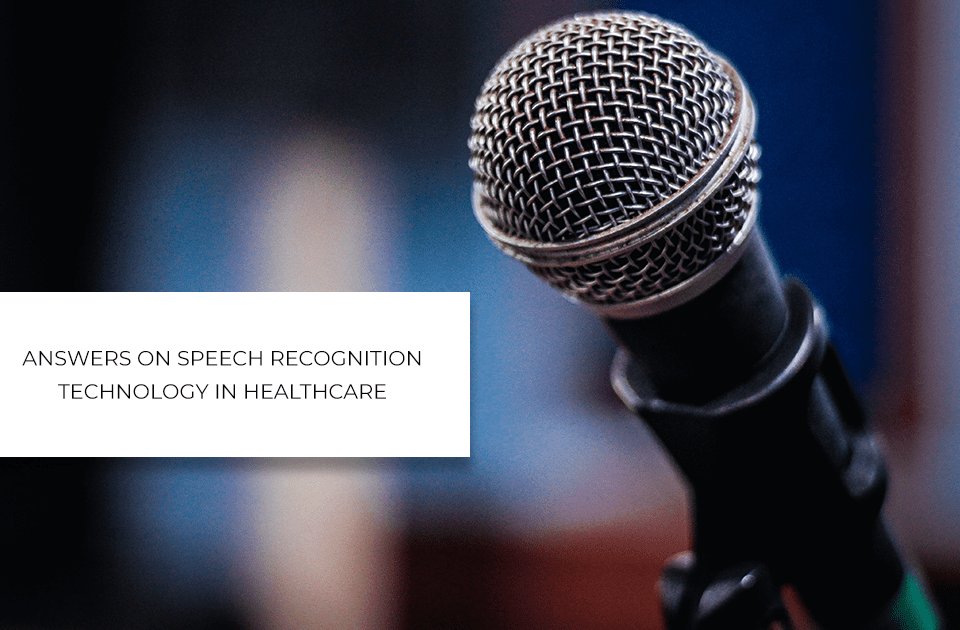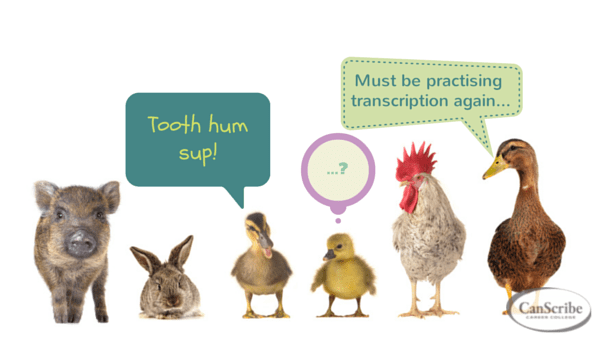Contact 1-800-466-1535 (250) 448-4670
Let's get to the truth about Voice Recognition Software Anyone who is involved in medical transcription today has heard (literally) all about speech recognition and where it is supposedly taking the MT industry. Voice recognition has been around for several decades but it has only been in the last decade that we have begun to fear it for its job-replacing capabilities. But is that really the way medical records documentation will go? Will we all be replaced by voice-to-text applications that can easily crank out hundreds of reports an hour? This seasoned healthcare documentation specialist says...
Every medical transcriptionist from time to time wonders how to increase their work production and pay check. Your MTSO (employer) may give you a minimum line count to meet, and fulfilling that requirement sooner may free up your schedule for the rest of the day. Here are a few tips that our MT instructors have found helpful over the years to increase their productivity and accuracy - whether you worked as an independent contractor or employee for a hospital or clinic. 1. Save your keystrokes Invest in a good word expander. Word expanders are programs that allow you...
Meet Candy Klaudeman. She is a medical transcriptionist, blogger and CanScribe graduate. She loves working from her home in Regina, Saskatchewan. She is married and is the mother of 3 children and has numerous pests--oops is that a typo--cats, birds, a gecko, crickets and fish. Candy has a passion for learning, exploring, and spirituality and loves to pass on what she has learned to help others. She gives such an honest and real student perspective in her MT articles, and we wanted to share her thoughts with you!...
Medical words that sound similar (and how to deal with them) Sound-alike words can pose a challenge to transcriptionists. For example, there is a vast difference between ileum and ilium, even though they sound the same. It could be a critical mistake to type the wrong word into a medical report. The ileum refers to the distal portion of the colon while ilium refers to the superior portion of the hip bone. Using the wrong word could make the medical report very confusing and could potentially put a patient's life at risk.
Seeing Green? Your Self-Assessment Reports May Not Have Errors. When you are transcribing reports, some things you may be asking yourself (besides what is this guy saying?) might be: “How should I transcribe this date?” “Do I need to create a main heading for this section?” "How many spaces follow a period?” The answers to these and many more questions can be found in your...
Mad Gab for Transcriptionists As you may know all too well, one of the hardest things about transcription is developing the listening ear. Developing a listening ear means being able to untangle complicated dictated phrases. For Medical Transcriptionists, this means developing a listening ear for the language of medicine. Almost all of the words that you are trying to untangle are brand new to you...
Learning the language of medicine is like learning any other; you need to read it, write it, and SPEAK it…at least, that’s my take on it. When you learn a language like Russian or Japanese or Spanish, you are taught to read it and write it, as we are taught to do with our medical language too. However, you also immerse yourself in it and you speak it a lot; you’re encouraged to talk the new language whenever you can and say “hello” and “goodbye” and “what’s your name?” in the new language, right? You are encouraged to “wrap your tongue” around that unfamiliar language just as quickly as possible and as often as possible right from the start.








